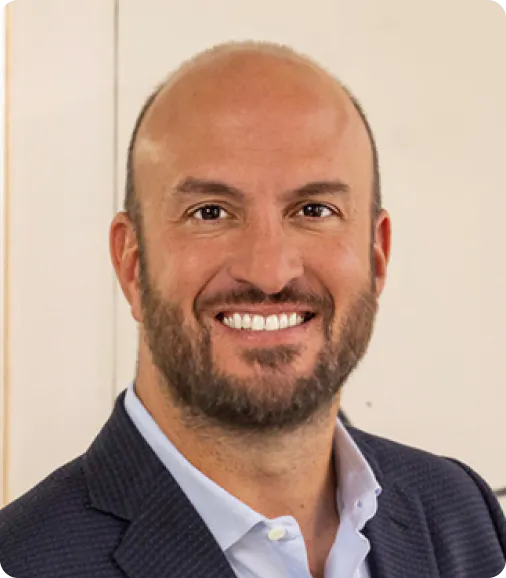Probate
- Home
- Areas of practice
- Probate

Probate is a lengthy legal process, often lasting more than a year, including legal regulations, completion of forms, and scheduled court dates.
While probate can run smoothly, it is relatively common to face tax disputes, will questions or disputes, guardianship issues, financial challenges, and debt. Sound legal guidance through this process can assist in all these areas, and ensure the probate process does not drag on for years.
Award-Winning Firm, Over a Decade of Experience
Welcome to Estates Done Right – where experience and excellence converge. Our team, known for its award-winning services, brings over a decade of expertise in estate planning. We’re committed to delivering personalized solutions and peace of mind.

Thomas J. Petrelli, Jr.

Melinda M. Previtera

April M. Townsend

Marie A. Maney
Frequently Asked Questions
What is probate and when is it necessary?
Probate is the legal process of administering a deceased person's estate, required when a person passes away with assets solely in their name.
How long does the probate process typically take?
Essential components typically include a will, a power of attorney, a healthcare directive, and, in some cases, various types of trusts.
Can probate be avoided?
Certain estate planning tools, like trusts, can help avoid probate for some or all of an individual's assets.
What are the costs associated with probate?
Probate costs can include court fees, legal fees, and other expenses, which vary depending on the estate's size and complexity.
Who is responsible for handling probate?
Typically, the executor named in the will, or an administrator appointed by the court if there is no will, is responsible for handling probate.





